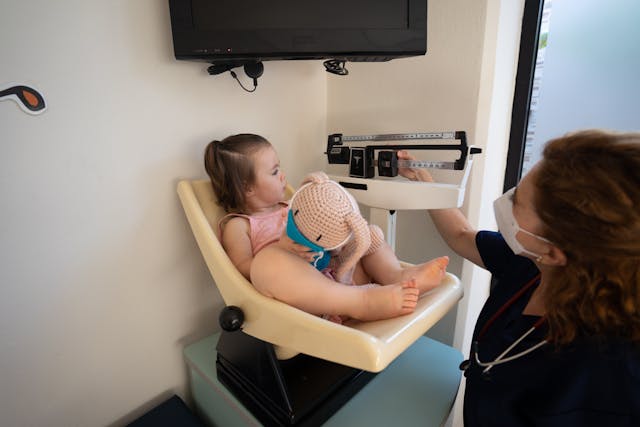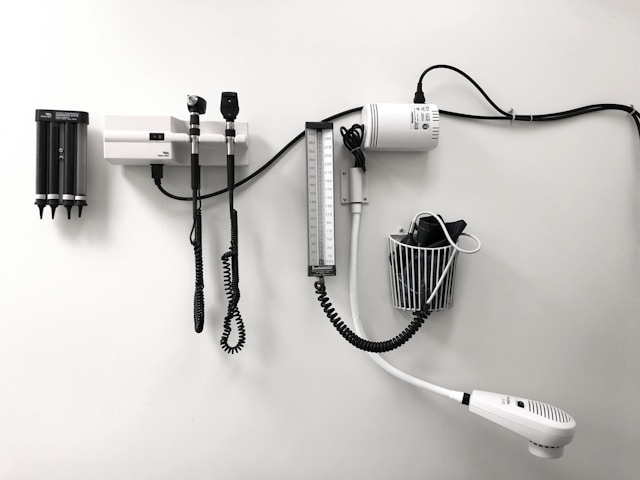The Physician Shortage is a Real Problem
The United States is projected to face a shortage of up to 86,000 physicians by 2036, according to the AAMC. The report highlights the need for increased investments in training new physicians to mitigate these shortfalls. Although smaller than previous estimates, the projected shortage underscores the critical need for sustained funding for graduate medical education (GME). Without additional investments, the physician shortfall could worsen.
Key drivers include population growth and aging, with the U.S. population expected to grow by 8.4% by 2036 and the elderly population (65 and older) increasing by 34.1%, significantly boosting healthcare demand, particularly for specialists.
A significant portion of the current physician workforce is nearing retirement, further exacerbating the shortage, as approximately 42% of clinical physicians are aged 55 or older.
Addressing the shortage requires lifting the federal cap on Medicare support for GME. The Resident Physician Shortage Reduction Act proposes increasing Medicare-supported residency positions by 14,000 over seven years, building on previous investments. This legislation aims to expand and diversify the physician workforce, improving healthcare access, especially in underserved communities.
Despite increased medical school enrollment, the shortage persists, emphasizing the need for expanded GME. The AAMC continues to advocate for these changes to ensure the healthcare system can meet future demands.
AMA National Address: What Needs to be Done
In a national address, AMA President Jesse M. Ehrenfeld, M.D., MPH, highlighted the growing physician shortage and health system crisis. He cited strains on physicians including administrative burdens, burnout, attacks on science, healthcare consolidation, a broken Medicare payment system, and worsening health crises. Ehrenfeld proposed five steps to address the crisis, aligning with the AMA Recovery Plan for America’s Physicians:
- Pass meaningful Medicare payment reform
- Reduce administrative burdens, especially the inefficient prior authorization process
- Pass bipartisan legislation to expand residency training, support student loans, and facilitate foreign-trained physicians
- End the criminalization of healthcare
- Ensure physicians aren’t penalized for addressing their mental health needs.
Ehrenfeld emphasized the urgency of the physician shortage, already impacting millions, and warned it would worsen. He shared personal anecdotes illustrating physician burnout and the negative effects of legislative overreach. With 83 million Americans lacking sufficient access to primary care, the shortage hits especially hard in underserved areas, leading to critical healthcare gaps.

Latest Job Postings for Physicians
For those seeking new opportunities, we have multiple job listings available on our job blog. Whether you’re looking for locum tenens or a permanent position, Momentum Healthcare Staffing is here to help. If you need assistance, don’t hesitate to call us. We’re dedicated to supporting you in finding the right fit for your career.
Sources:
Aamc.org
ama-assn.org
openai.com
























Recent Comments